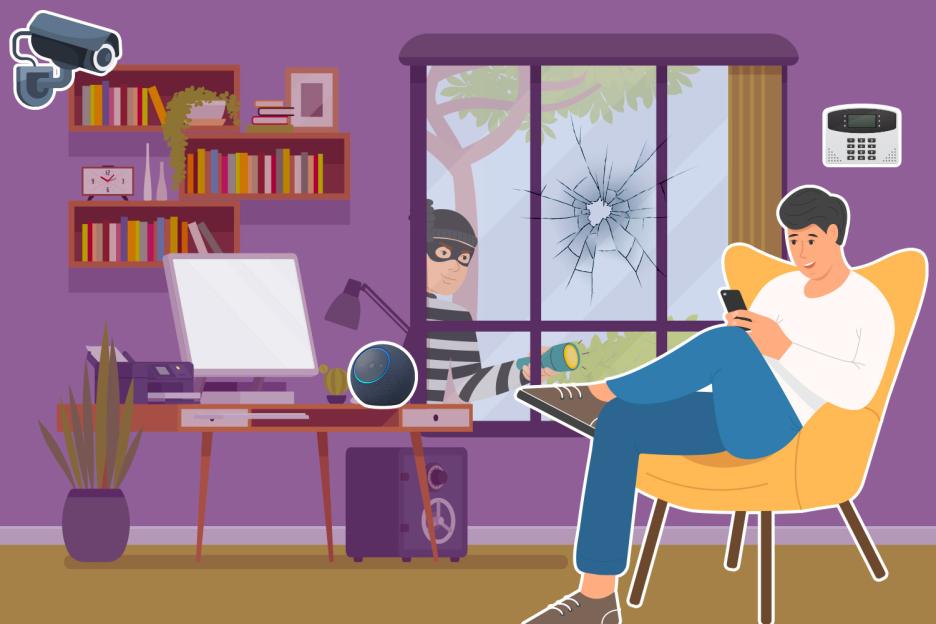MORE than half of all kids in Britain are addicted to technology – with 91 per cent owning a mobile phone by the age of 11, research reveals.
A 2025 Ofcom report found a massive 78 per cent of teens check their devices at least every hour.
 We have ten ways to resist giving in to your kid’s phone demands
We have ten ways to resist giving in to your kid’s phone demands
 Dr Martha Deiros Collado is the author of The Smartphone Solution: When And How To Give Your Child A Phone
Dr Martha Deiros Collado is the author of The Smartphone Solution: When And How To Give Your Child A Phone
And even when parents try their hardest to control the situation, it is easy to get it wrong, according to clinical psychologist Dr Martha Deiros Collado , whose new book, The Smartphone Solution: When And How To Give Your Child A Phone, is packed with practical advice.
In her two decades of experience, Dr Collado has helped thousands of families and appeared on Channel 4’s The Great British Phone Switch.
She has vowed not to let her own two daughters, aged six and two, have a smartphone until they are at least 15, but admits pester power is already making it a challenge.
Dr Collado explained: “I know the road ahead is going to be tough.
“Our children were born with digital devices all around them — I’m not saying it’s easy.
“We’re the first generation of parents having to navigate the choppy seas of the internet with very few safety floats to support us.
“We’re all going to make mistakes along the way, and that’s OK.
“Like many parents, I worry about smartphones’ effect on children’s development.
“Kids really do need real-life interaction, attention and play.
“And they need to learn to cope if they are bored or frustrated: pulling out a phone out of habit means they don’t get this chance.
“In the meantime, we teach them safety from an early age.”
Here are Dr Collado’s top ten tips for parents on how to resist giving their kids a smartphone.
DON’T SAY NO, SAY NOT YET
Delaying smartphones can be empowering to you and your child.
A ban instantly makes them more desirable, but tell children that smartphones are not out of bounds, they’re simply not ready yet to have one with unimpeded access to all the apps and content they offer.
“Not yet” opens up a conversation — we’re not ignoring their wishes, but there’s still learning to be done.
A hard “no” can feel like rejection, but delaying offers time to develop digital skills which will protect them from engaging in harmful communications online, like learning when it’s time to take a break.
SMARTPHONES ARE NOT FOR CHILDREN
Making kids wait to own a device emphasises that they’re not toys.
Smartphones shouldn’t be considered an object of fun, a status symbol or rite of passage into secondary school.
They’re a wonderful tool and a dangerous machine.
Be present if your children are using their smartphone.
Say loud and clear, “You can take a photo, but I’m trusting you to hold it very carefully. Smartphones are really expensive”.
MAKE THE AGE LIMIT CLEAR EARLY ON
 It’s good to let kids know there’s an age they can get a phone
It’s good to let kids know there’s an age they can get a phone
You needn’t wait until your child asks to say, “You won’t be getting a phone until you’re at least 13”.
Children benefit from knowing that there’s an age when you might start to consider it — and guess what happens? Most kids get excited.
Because you haven’t said no, there’s a lot of hope and possibility that youngsters will grab on to.
HOLD FIRM
Stay strong and wait until their brains and hearts are sufficiently developed and they possess the impulse control and critical-thinking skills to stay safe when they’re bombarded with inappropriate content.
Your child might not like it, or agree, but it’s not your job to justify your decision or convince them that you’re right.
It’s your job to keep them safe, even when it’s hard to do so.
Dig deep and find the courage to teach them patience and delayed gratification — two life skills that smartphones are really good at stealing away from them.
OFFER OTHER DIGITAL EXPERIENCES
We can’t completely protect our children from the digital world, but find ways to alleviate the downsides of not having a smartphone when their friends get one.
This might be allowing them to video call friends via a tablet under your supervision, using an “un-smart” phone for calls and texts when they’re away from home and at certain agreed hours in your home, or letting them enjoy gaming online with their friends on closed digital platforms where you have oversight of what they play, who with and for how long.
SET A GOOD EXAMPLE
 You should set a good example for your child with your phone usage
You should set a good example for your child with your phone usage
Children learn more by what you do than what you say.
How you behave with your phone is crucial in shaping your child’s attitudes.
If you limit their screen time , but the rules don’t apply to you, it sends mixed messages.
And it’s more likely that you’ll end up fighting daily battles about why it’s OK for you to have a phone at the dinner table but not them.
Get into the habit of telling them what you’re doing on your device — this is useful for training yourself to cut back on usage.
Also, resist the chance to reach for the phone’s camera when you see your kids doing something adorable — join them in their real-life adventures.
TELL OTHER ADULTS YOUR RULES
You have parental power to say no at the homes of friends who have older children with smartphones.
Even though it might be age-appropriate, it’s important to teach that they can’t play on someone else’s smartphone either.
This can be tough with friends, and doesn’t always work out, but learn to speak up about mobile usage to prevent a situation that you don’t feel comfortable with.
Say, “We know your child has one, but if we could keep it out of reach for a couple of hours it would really help us”, or “It’s OK if that’s what you want to do, but we’d be really grateful if you don’t do it in front of her”.
FIND YOUR TRIBE
Find a parenting circle in which others are delaying phones, too.
A few years ago, it might have seemed like you would be alone in this venture.
But now, lots of parents have started to wake up to the potential risks of smartphones for children.
And momentum is growing.
Some parents may fear being rejected by those who are strongly in favour of delaying.
Try to be inclusive and compassionate to anyone who wants to consider this idea with you.
START CONVERSATION EARLY
For toddlers and preschoolers, be a positive role model and set a strong example by ensuring you follow well-defined rules when your child is with you.
This might involve putting your phone in a different room or ensuring that if it beeps or buzzes, you don’t allow it to interfere in interactions with your child.
See your child as the first priority and your smartphone as the last.
Use simple language and stay honest, such as, “When you’re older you’ll be allowed to use one”.
BE READY FOR SCHOOL
 Explain to kids that phones distract from schoolwork and the internet has lots of risks
Explain to kids that phones distract from schoolwork and the internet has lots of risks
Set clear expectations when they start school.
Say, “You need to be at least 13 to have the skills and maturity to use them (devices) responsibly and safely”.
State your position, get kids involved, listen to their views, opinions and ideas so they feel part of the rules rather than having something “done” to them.
Try offering an alternative, like a brick phone without apps, so they can make and receive calls and messages.
Explain that phones distract from schoolwork and the internet has lots of risks that might make them overwhelmed.
Say, “My job as your parent is to keep you safe. Let’s keep talking”.







